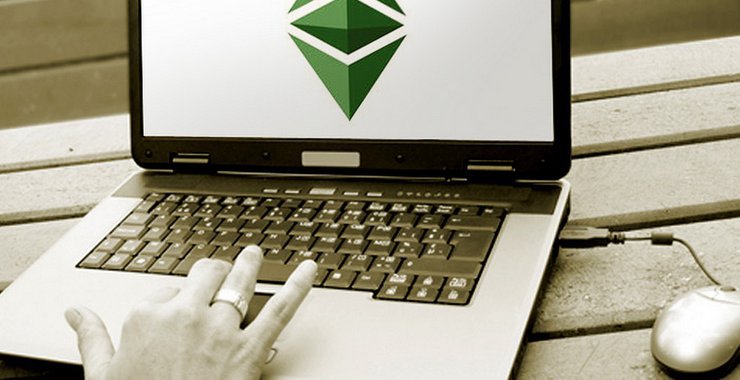Ethereum Classic’s developers have recently recommitted to releasing an upgrade for the cryptocurrency’s main network, which is now set to occur in September of this year. The hard fork will introduce several Ethereum Classic Improvement Proposals (ECIPs).
According to CoinDesk, ETC’s developers recommitted to the upgrade in a public call this Thursday, June 20, 2019. The upgrade is set to boost chain interoperability between ETC and ETH, and will be paired with an upgrade called Agharta later on.
Several Ethereum Improvements Proposals were already implemented on the Ethereum network back in 2017, which together with the Atlantis hard fork mark the first steps towards ensuring it’s smooth and seamless for developers to migrate decentralized applications (dApps) between ETH and ETC.
Atlantis is set to be activated on block number 8,772,000, expected to be mined in September 17 of this year. The hard fork was initially scheduled to go live at block 8,750,000, but since then Ethereum Classic Labs, one of the first blockchain-focused incubators supporting the development of projects on the ETC network, moved to increase the projected update to a date in which more involved parties will be able to monitor it and potentially report on issues that arise.
A blog post from Ethereum Classic Labs notes that Atlantis is currently undergoing testing to fix any bugs that may affect the cryptocurrency’s network during or after the hard fork. The post reads:
In implementing Atlantis, we intend to fulfill two key priorities: (1) develop high-quality blockchain software that preserves the security of the network; and (2) consider the opinions and concerns of the community.
It’s worth noting that the date for the Atlantis hard fork wasn’t reached without a certain degree of controversy, as some developers accused others of faking strong sentiment from the Asian cryptocurrency community to rush the upgrade.
Ethereum Classic itself is the original Ethereum blockchain. Its network was split back in 2016 as its supporters didn’t support restoring stolen funds back to users after the Decentralized Autonomous Organization (DAO), a smart contract-based funding vehicle, was hacked.








